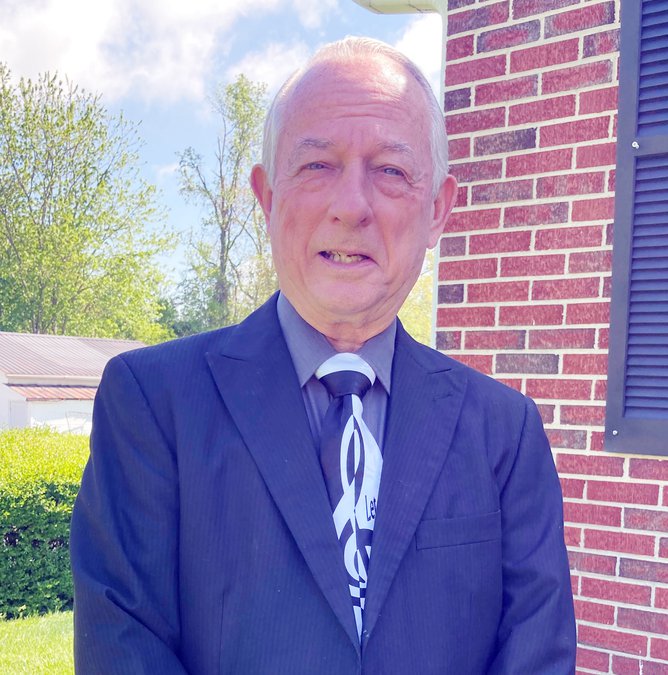In over 100 countries across the globe, the week of October 4 to 10 is being celebrated as World Space Week, the largest space event ever. The week is intended to celebrate the benefits of science and technology to human society, which are quite numerous. World Space Week is designed to educate people about these benefits, and education efforts are coordinated by organizations such as space agencies, planetaria, museums, and even astronomy clubs in various parts of the world.
“Words from Above” in the Bible make reference to outer space in some instances as being celestial, or heavenly, in nature, as opposed to things on earth as being terrestrial. The apostle Paul speaks at great length about what he calls both celestial and terrestrial bodies. He includes the sun, the moon, and the stars in his reference to celestial bodies, and he uses the difference between celestial bodies and terrestrial bodies to speak about the resurrection of the dead.
He speaks about the physical body, or natural body, being committed to the grave at the time of its burial following death. He says that it is sown in corruption, a reference to how the body decays, and that this same body is later raised in incorruption at the time when Jesus, the Son of God, comes back to earth in the Rapture. He says the natural body is sown in weakness, and it is then raised in power, a reference to the resurrected body assuming a new power as it becomes like the glorious body of Jesus after His own resurrection. He concludes that the human body is sown as a natural body, and that it is raised a spiritual body. He says that being changed from a natural body to a spiritual body is possible only through the power of Jesus coming into our lives.
In II Corinthians 12, Paul describes a vision he had of a man being caught up to what he called the third heaven, but he was not able to tell whether it was an in-the-body or out-of-the-body experience. He also could not tell whether the man was himself or some other man, but he says the man was caught up into paradise. He said that in paradise he heard words that he described as unspeakable and unlawful to repeat. He concluded that if the man was actually himself, he had no intentions of boasting about it, and that he would only boast about his infirmities. He, in fact, believed that he was suffering from a physical infirmity which he called a thorn in the flesh which he considered to be a means of preventing him from overally exalting himself.
Larry R. Steffee is pastor of the Center Hill Brethren In Christ Church on Miller Road in Smithville. Everyone is welcome to attend. For information, you may email lrsteffeetn@yahoo.com.




